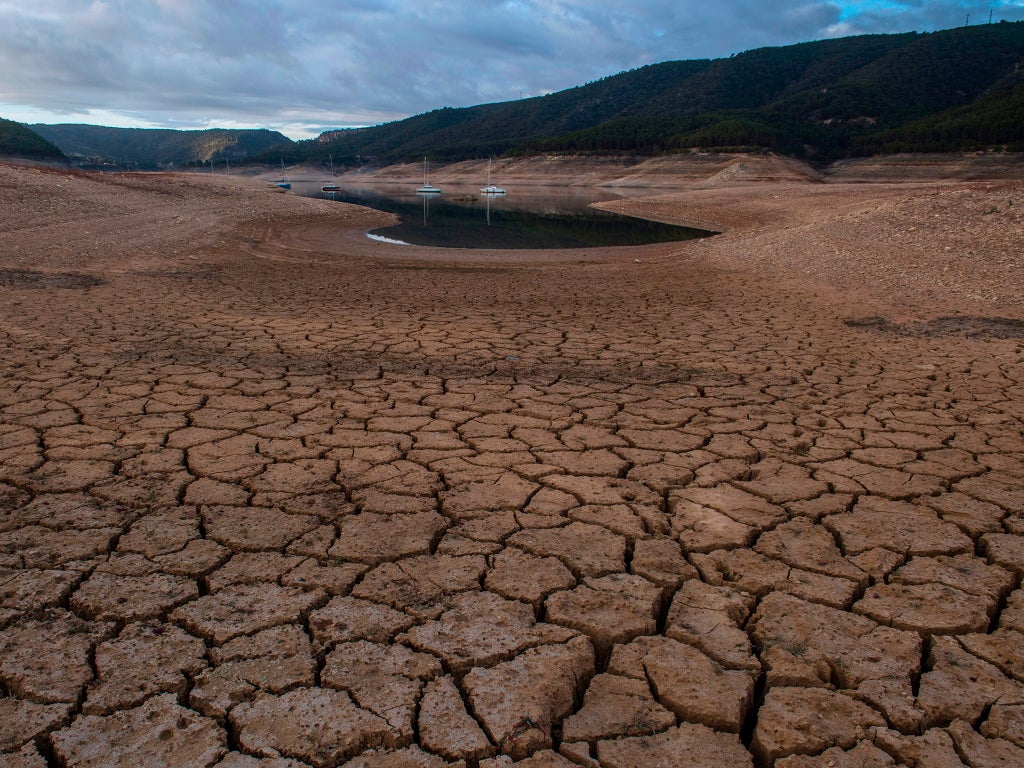
Every person on the planet should be protected by an early warning system for extreme weather events brought on by the climate crisis within the next five years, United Nations Secretary-General António Guterres said in a video message.
That is the bold target leaders from the World Meteorological Organization (WMO) and the UN have set for themselves, as they seek to address the one in three people globally, most of whom reside in less developed parts of the world and large swaths of the African continent, still not covered by such early warning systems.
“We must boost the power of prediction for everyone and build their capacity to act,” Mr Guterres said in a video address on Wednesday, while marking World Meteorological Day. “Early warnings and action save lives.”
Warning systems, such as the one advocated for by the UN, would be essential tools to help navigate the devastating impacts of intensified hurricanes, more frequent storms, rising sea levels and longer droughts and wildfire seasons, which would also begin creeping into parts of the globe that, historically, haven’t been locations known for such happenings.
The agency, partnering with the WMO to take the lead, formed a longterm plan that hopes to see greater coordination between national meteorological and hydrological services, disaster management agencies and development agencies across the globe.
The cost for a plan that hopes to get the one-third of the world’s people living outside these early warning systems would come to $1.5bn ((£1.14bn), the WMO estimates, adding that it would be spread over the next five years and largely be sourced from wealthy governments.
The plan to meet this bold target will fully be unveiled during the Cop27 climate summit in Sharm el-Sheikh, Egypt next November.
“We must invest equally in adaptation and resilience,” the secretary general added, noting that that includes “the information that allows us to anticipate storms, heatwaves, floods and droughts.”
The kinds of economics and physical security provided by these systems, even just with 24 hours warning, can be immense. According to a global adaptation report published in 2019, that one-day lead-up can cut ensuing damage by 30 per cent.
Adaptation is a key part of addressing the climate crisis, and in some parts of the globe, countries are doing better than others.
“In Africa, it is even worse: 60 per cent of people lack coverage,” Mr Guterres pointed out in his Wednesday address.
And just last summer, the UK was warned by the government’s own advisers that the nation was more unprepared for the escalating effects of the climate crisis than it was five years ago.
The UK’s independent Climate Change Committee (CCC), in a report published last summer, indicated as much when it warned about a “growing gap” between the risks that Britons face and the response that their government is doing to adapt to the inevitable effects brought on by rising CO2 levels.







